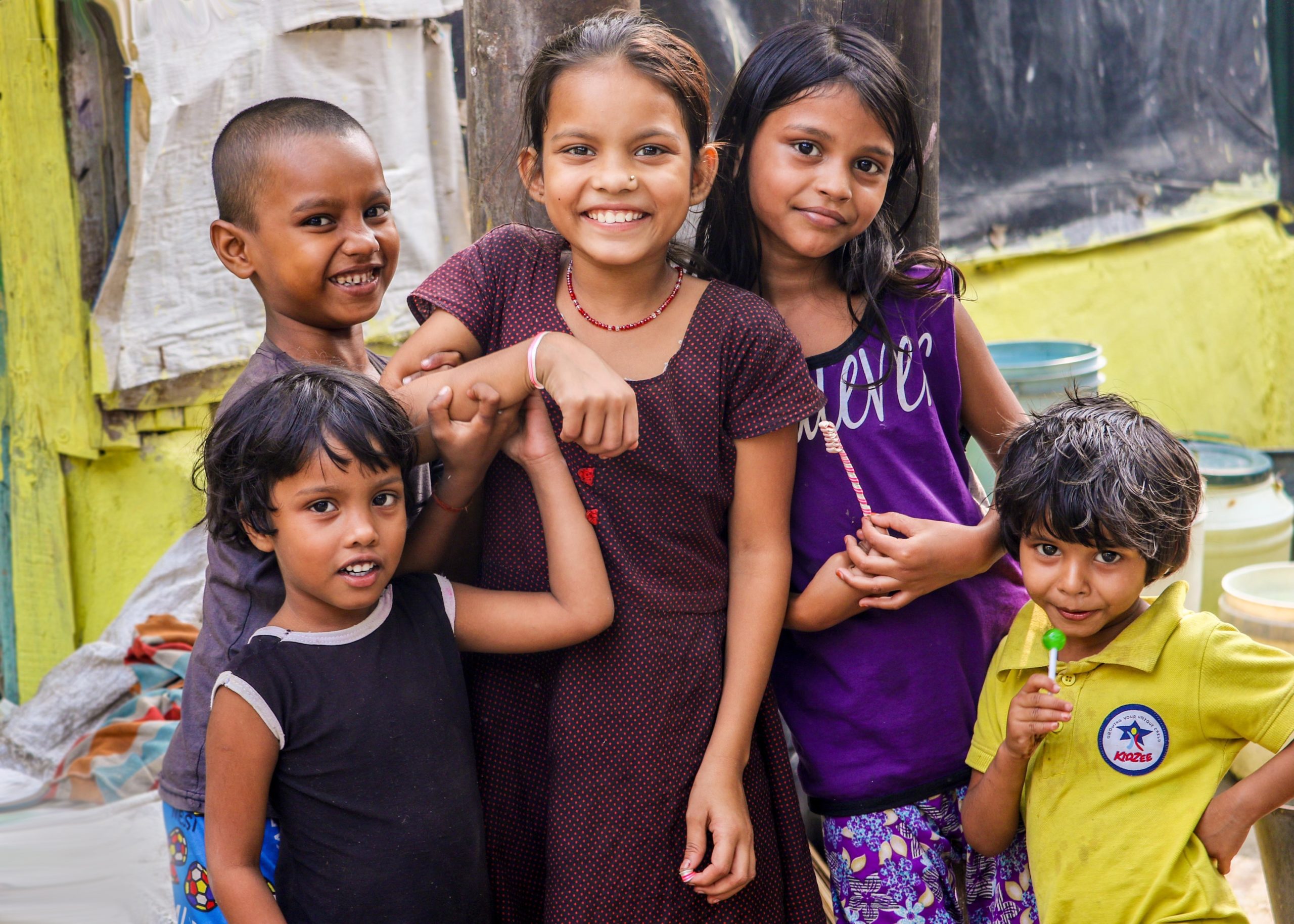As more and more chemotherapy is given in outpatient clinics and at home, it’s extremely important that caregivers and patients understand the risks and hazards that household members could also be exposed to.When chemotherapy is given in any form, the body must then get rid of it after it’s done its job. this suggests that the drugs leave the body during a patient’s stool and urine. It also can be present in emesis.
Traces of chemotherapy drug could also be found in and on toilets, in disposable diapers or any clothing or laundry that a person has soiled after having a treatment. Cleaning the toilet or handling body wastes or soiled laundry can expose you to those chemotherapy drugs.
If you or a family member is currently receiving chemotherapy, whether within the clinic or at home, it’s strongly recommended that precautions be followed so as to keep household members safe:







• Patients may use the rest room as usual, but close the lid and flush twice. make sure to scrub hands with soap and water.
• If a bedpan, commode or urinal is used, the caregiver should wear gloves when cleaning it.Rinse it well with water and wash it with soap and water at least once per day. the same applies for basins used for vomiting.
• Wash clothing and linen as usual unless it’s smeared with chemotherapy or body fluids. Use gloves and immediately put the smeared laundry into the washer separate from other laundry. If you don’t have a washer, put laundry in a sealed bag until washed.
•If chemotherapy gets in touch with the skin, irritation or rash may occur. Wash that area thoroughly with soap and water. If redness lasts for more than an hour, call a doctor. you’ll avoid contact with skin by wearing gloves when handling chemotherapy, equipment or wastes.
• All equipments that contains chemotherapy must be disposed of in the supplied needle box.
• Always make use of gloves while handling all oral chemotherapy doses.
• all chemotherapy drugs, equipment, wastes, needle boxes, etc should be kept away from youngsters


